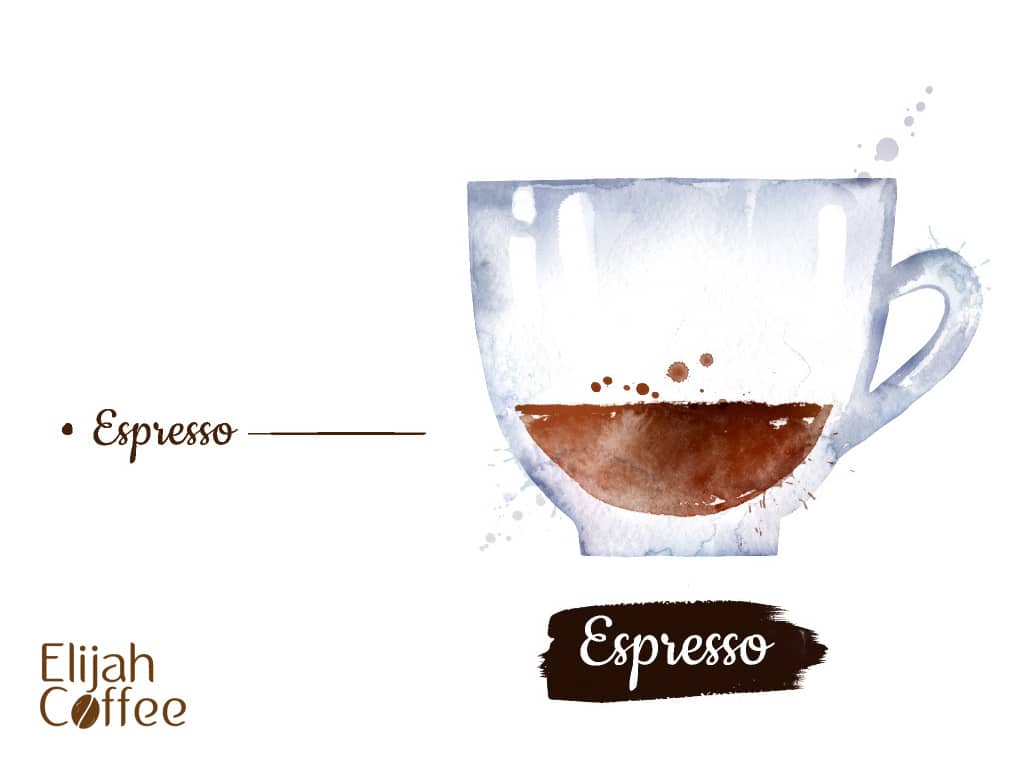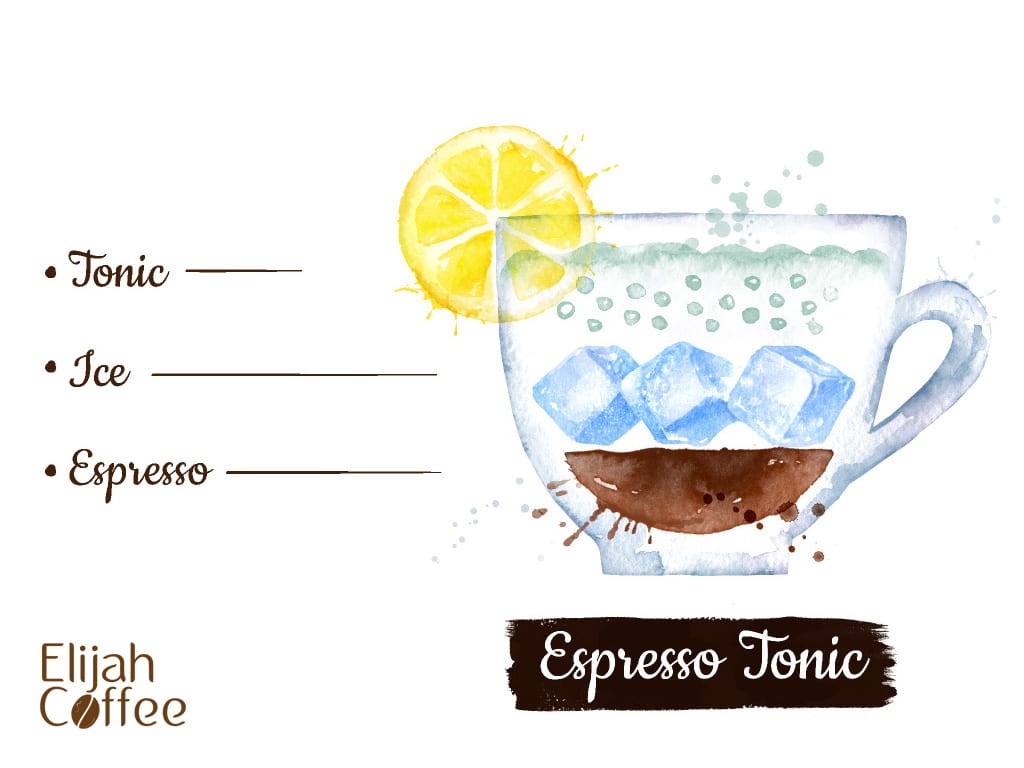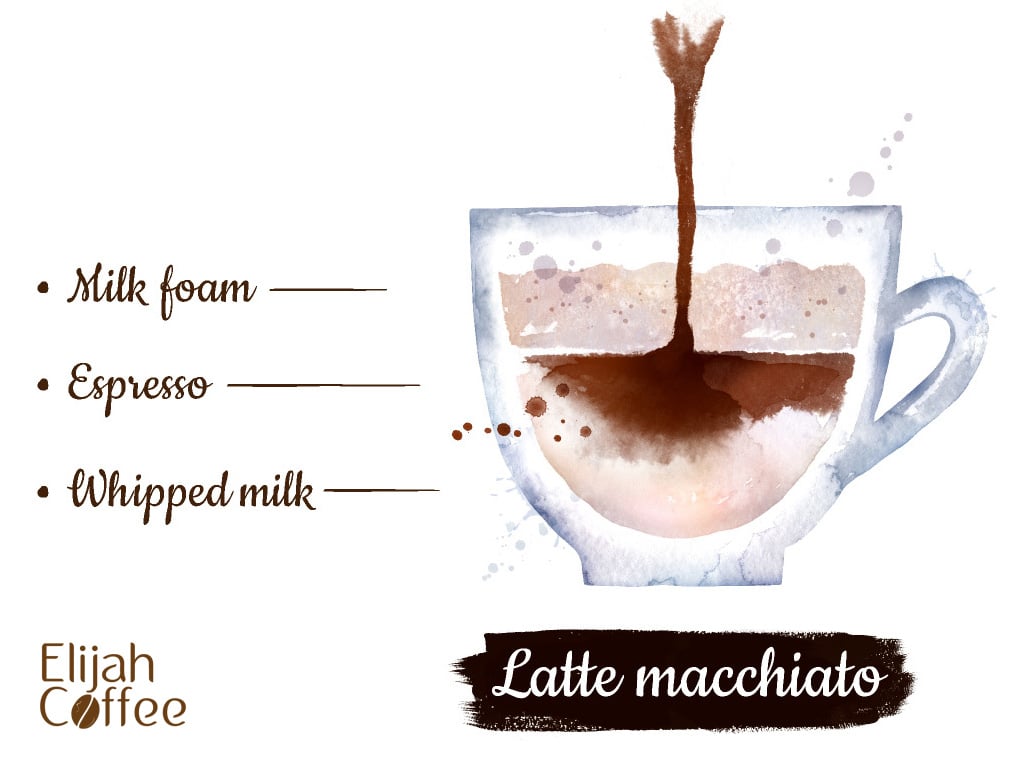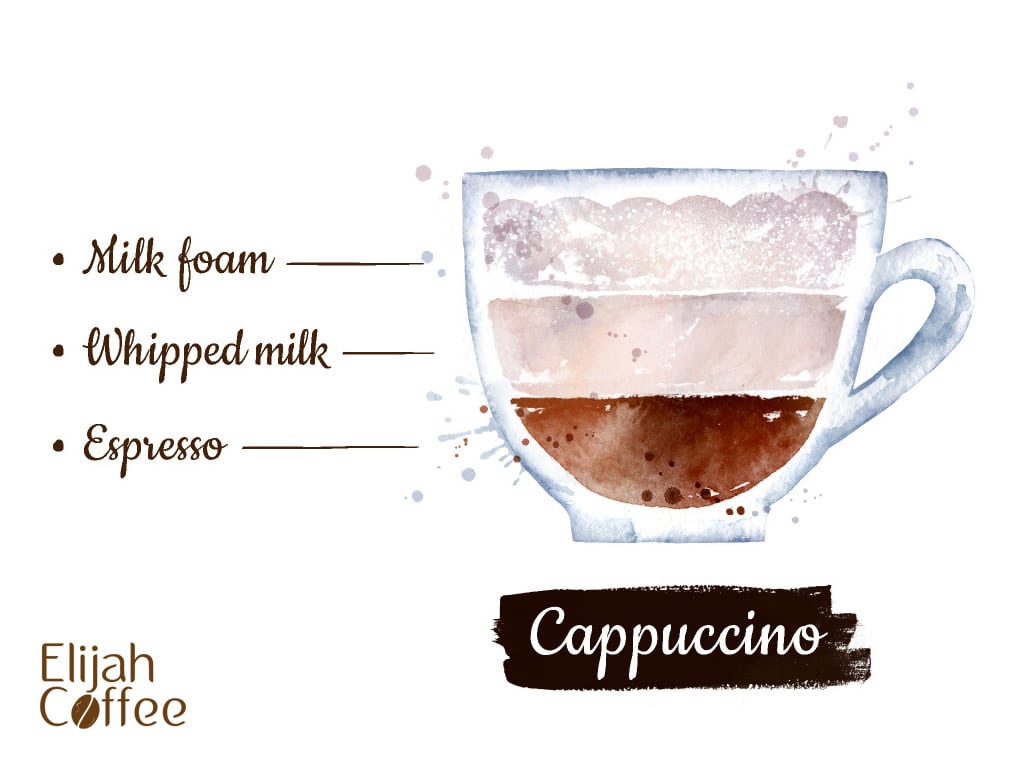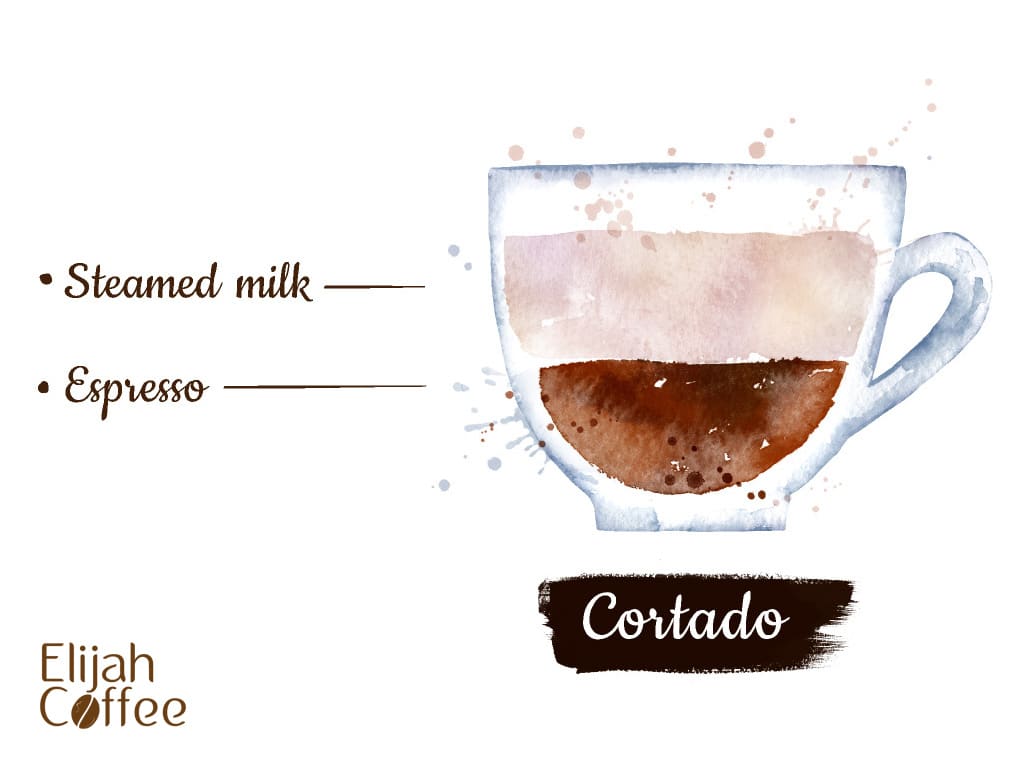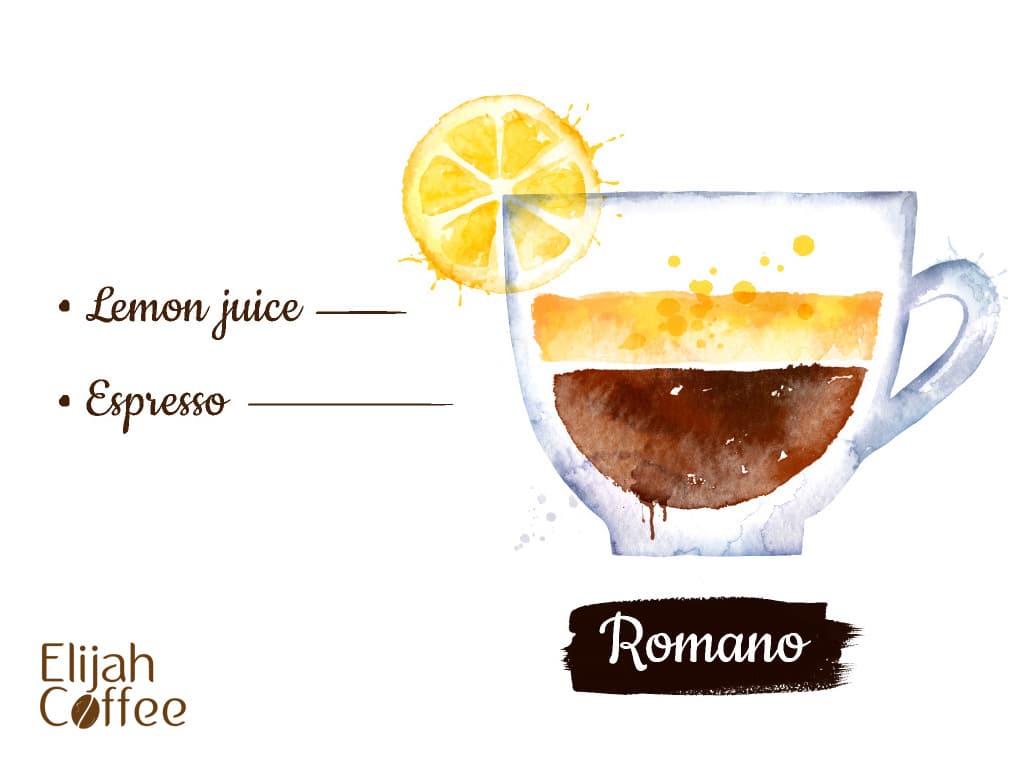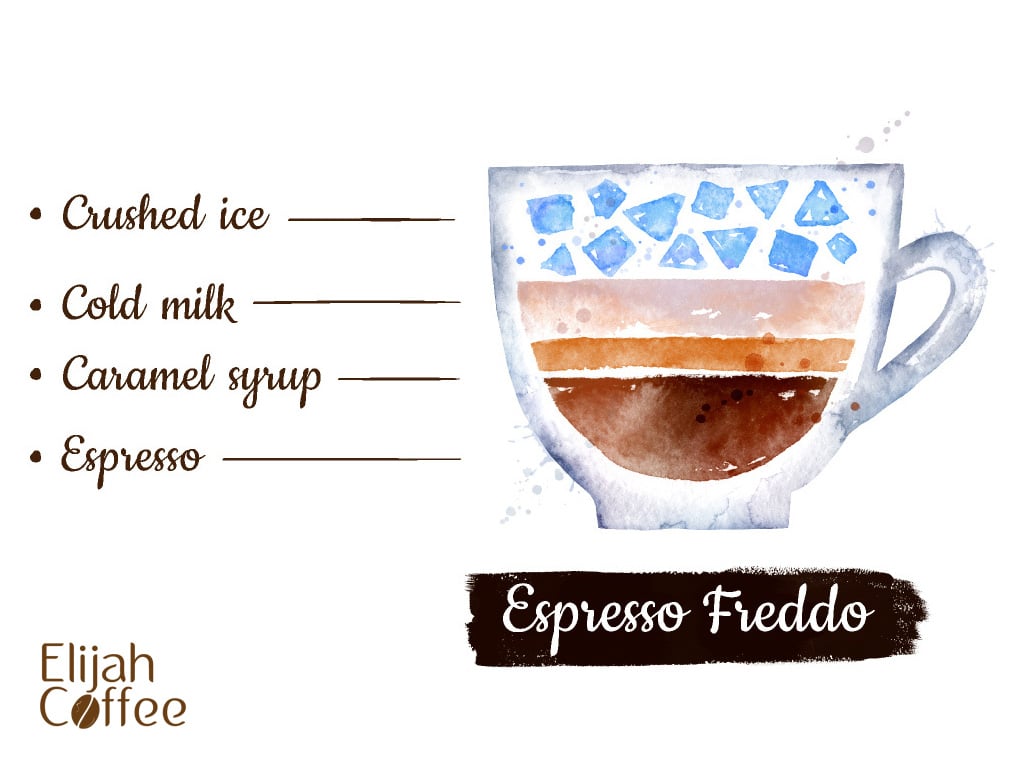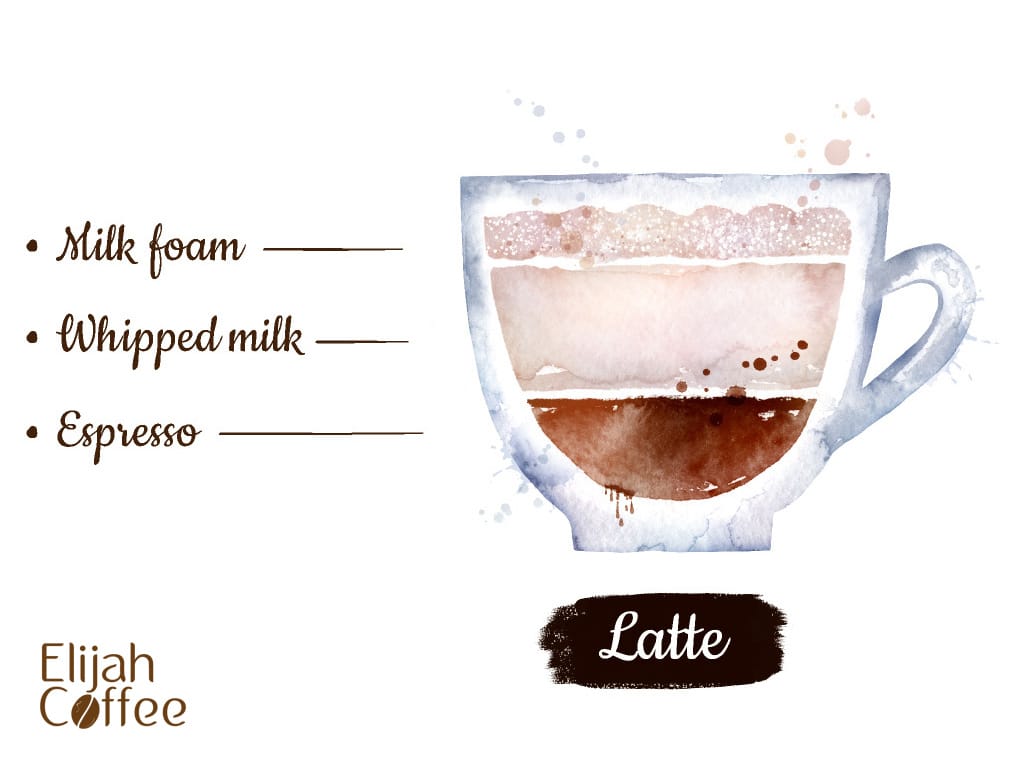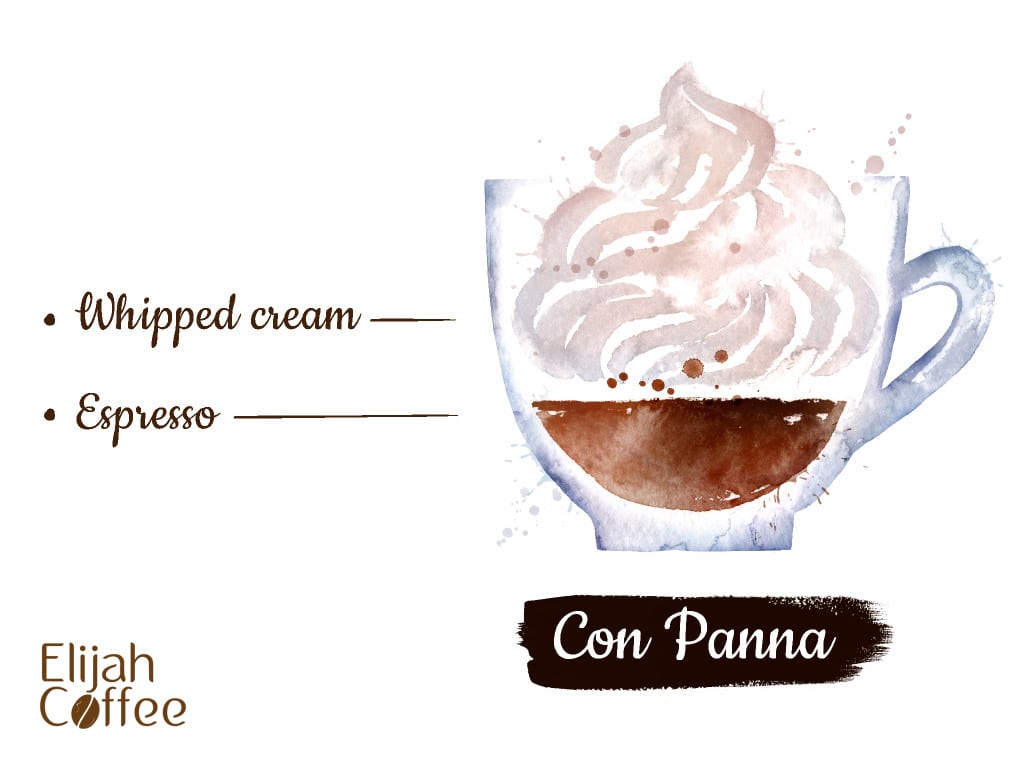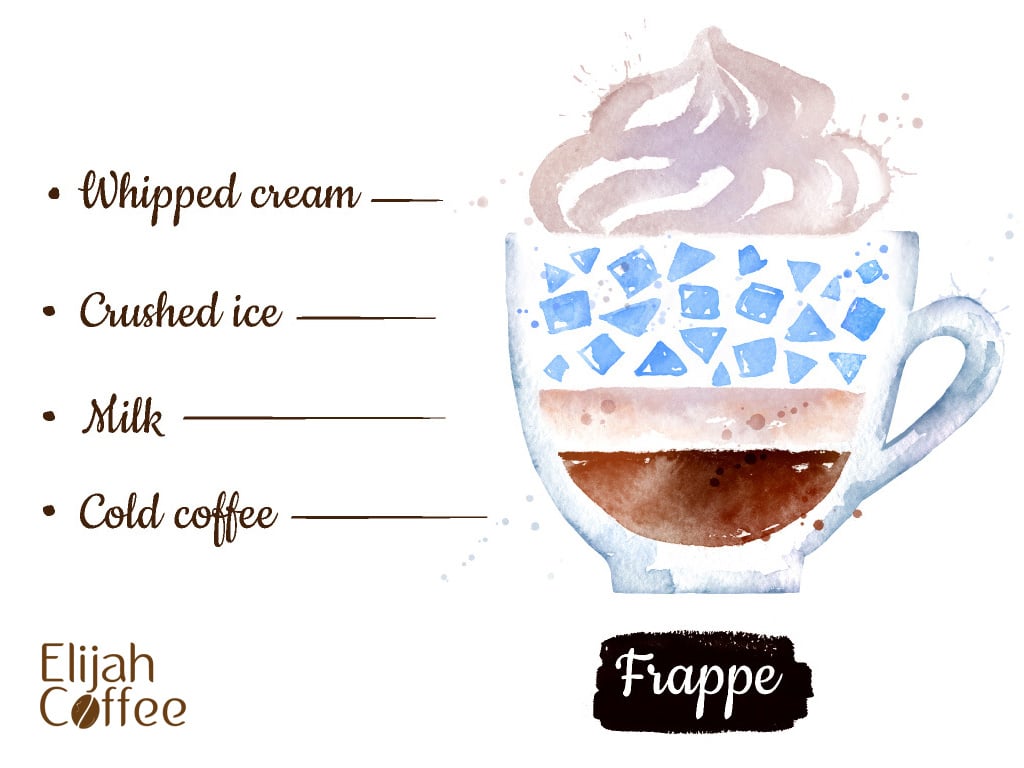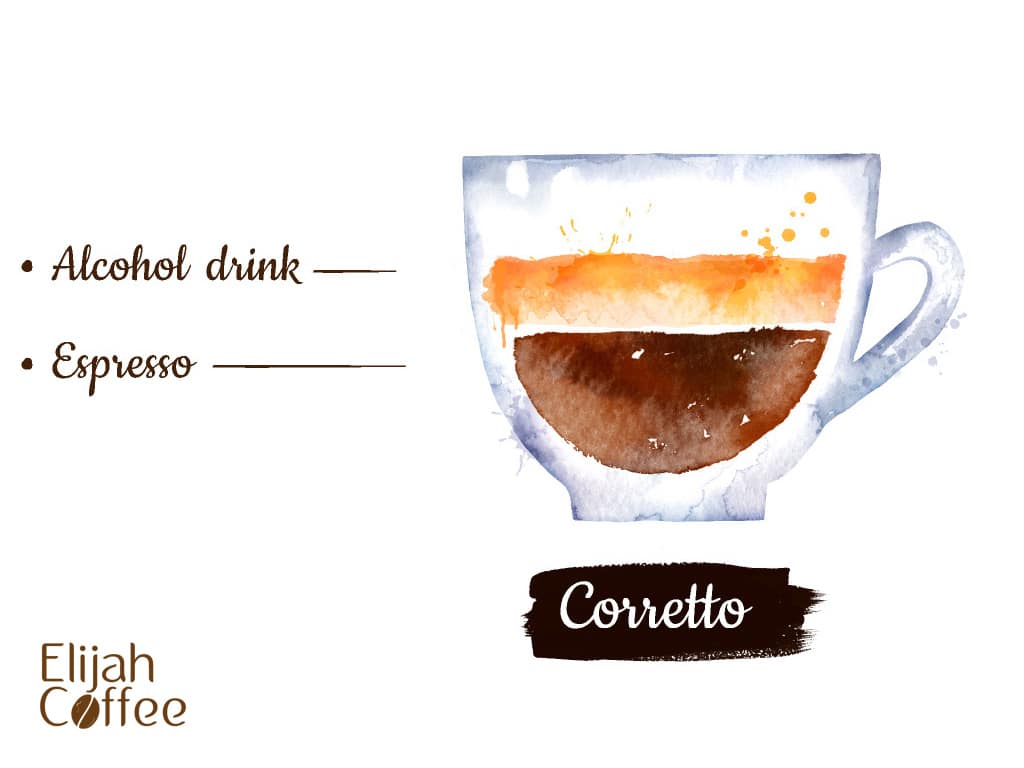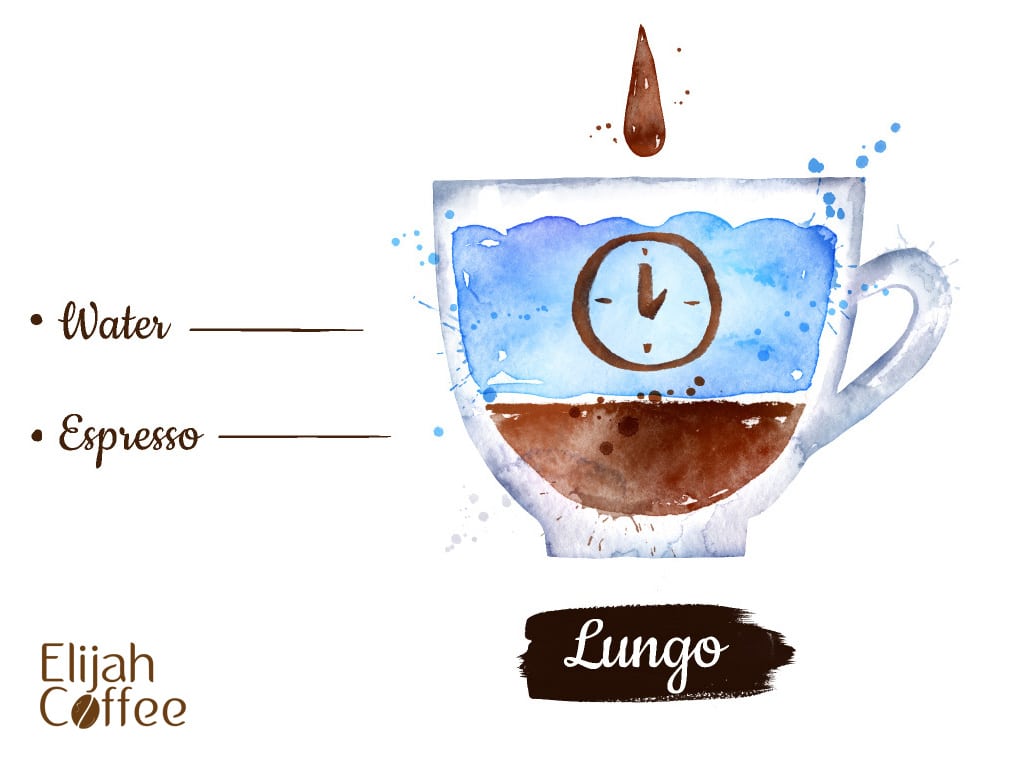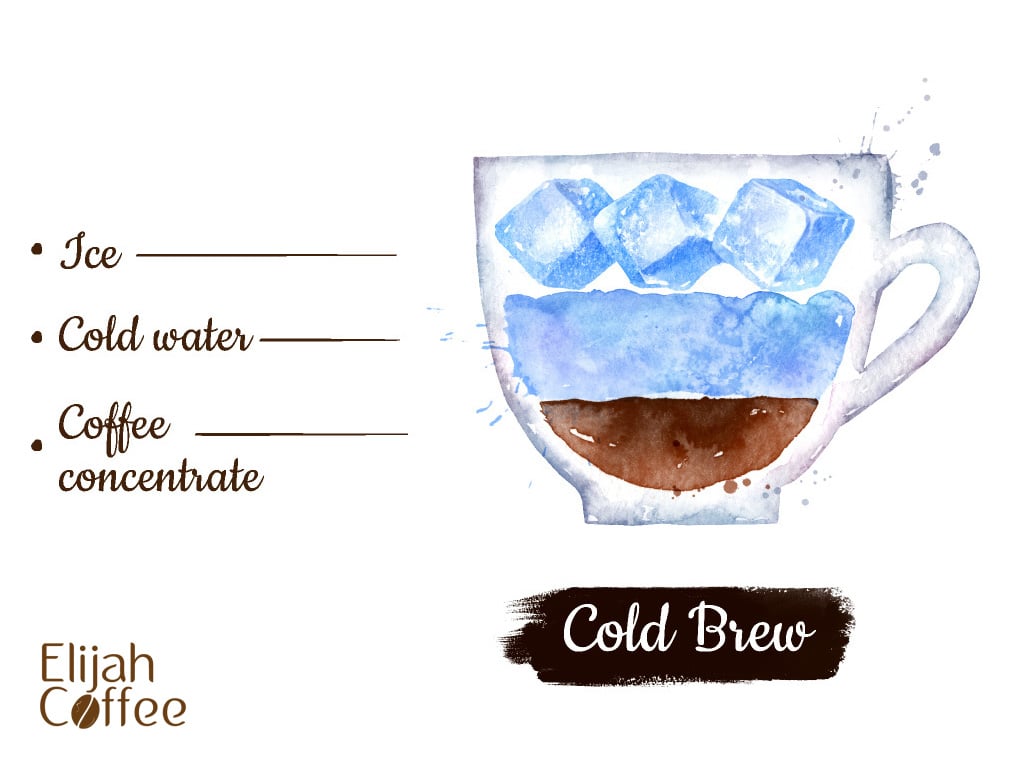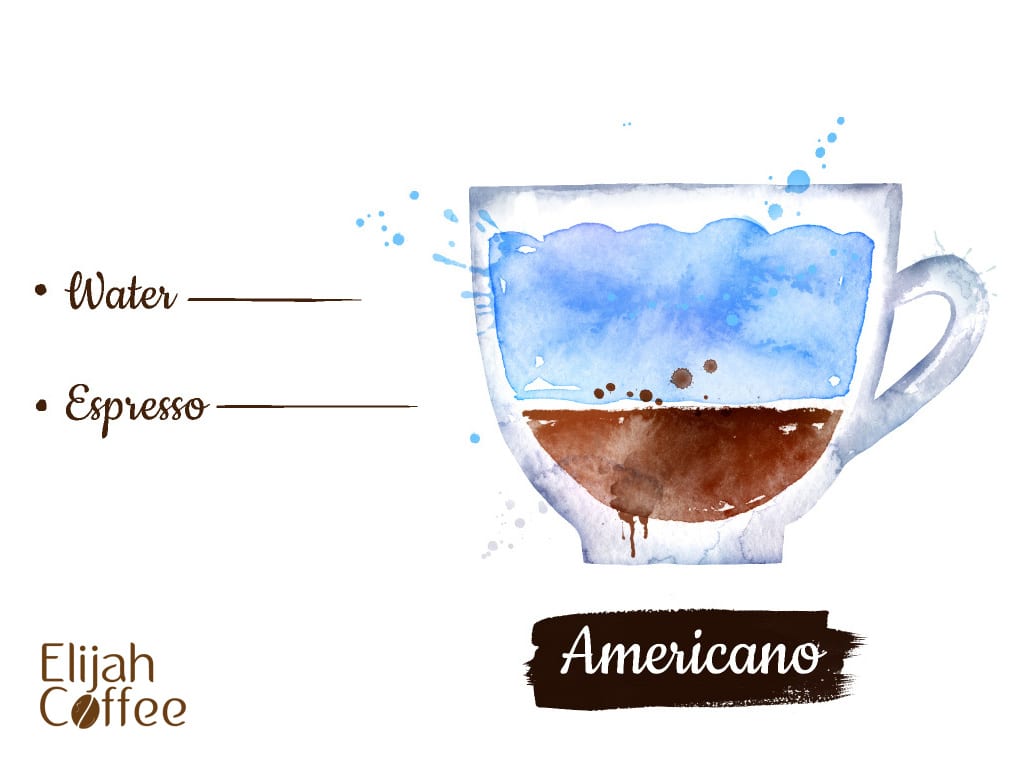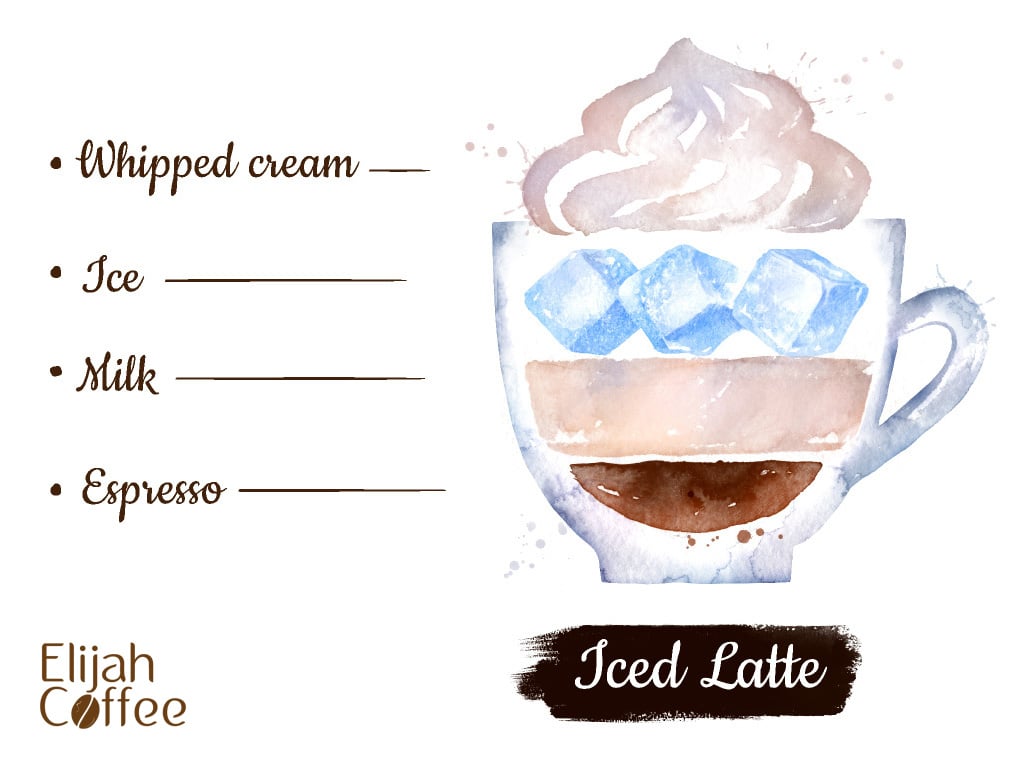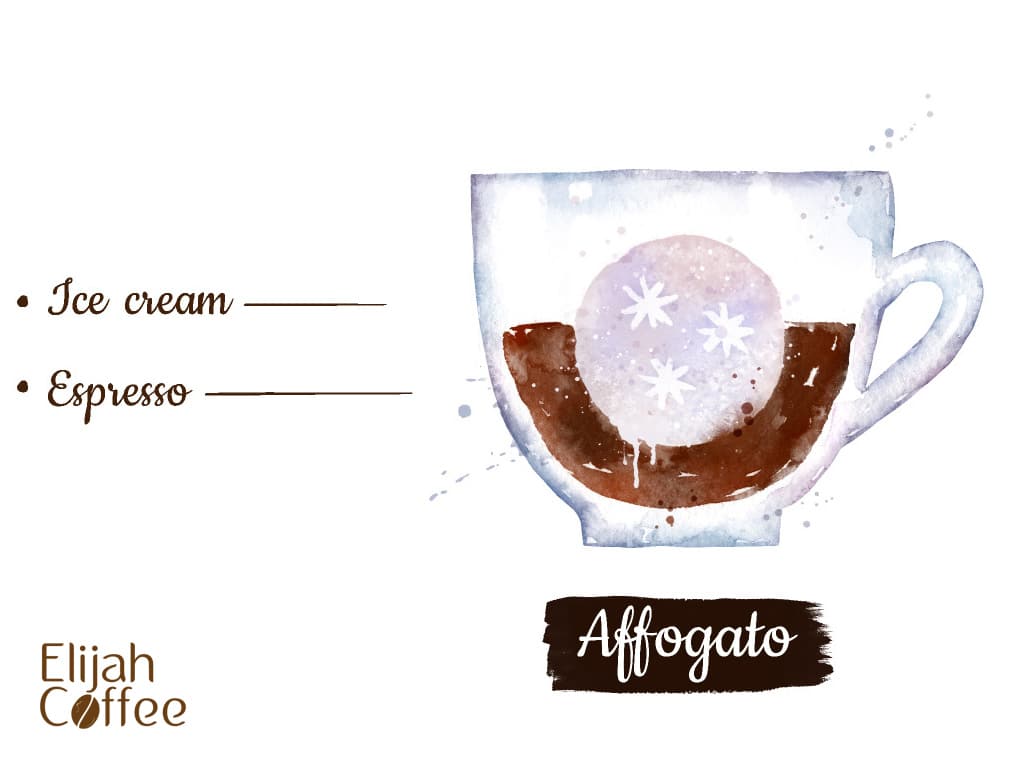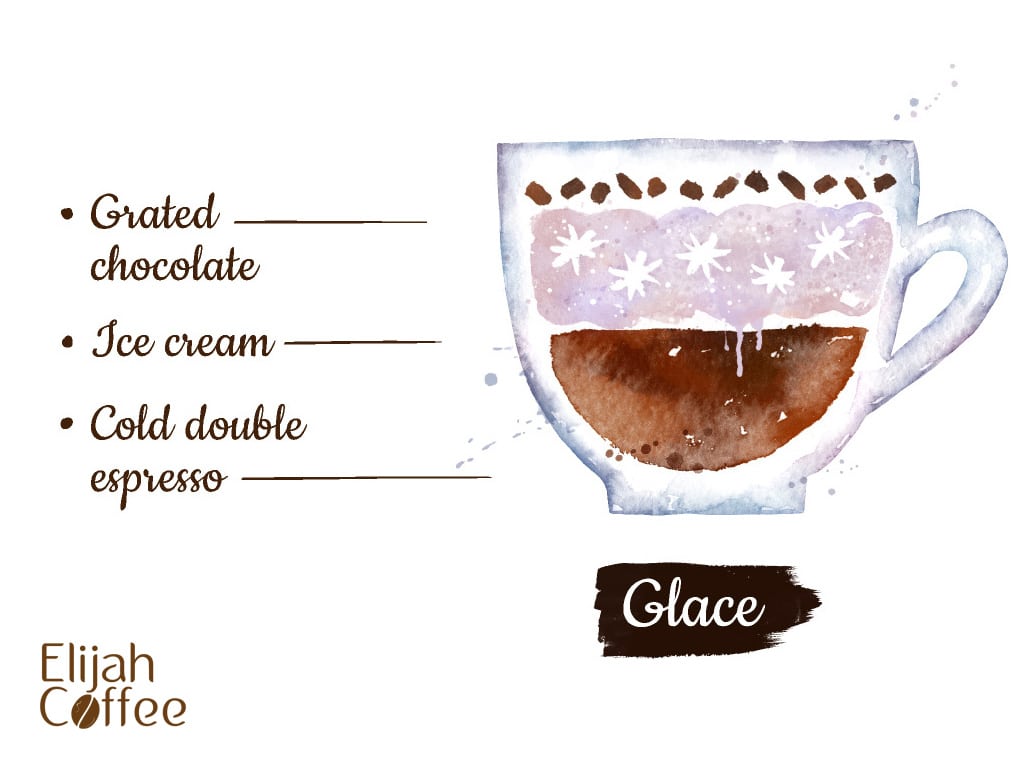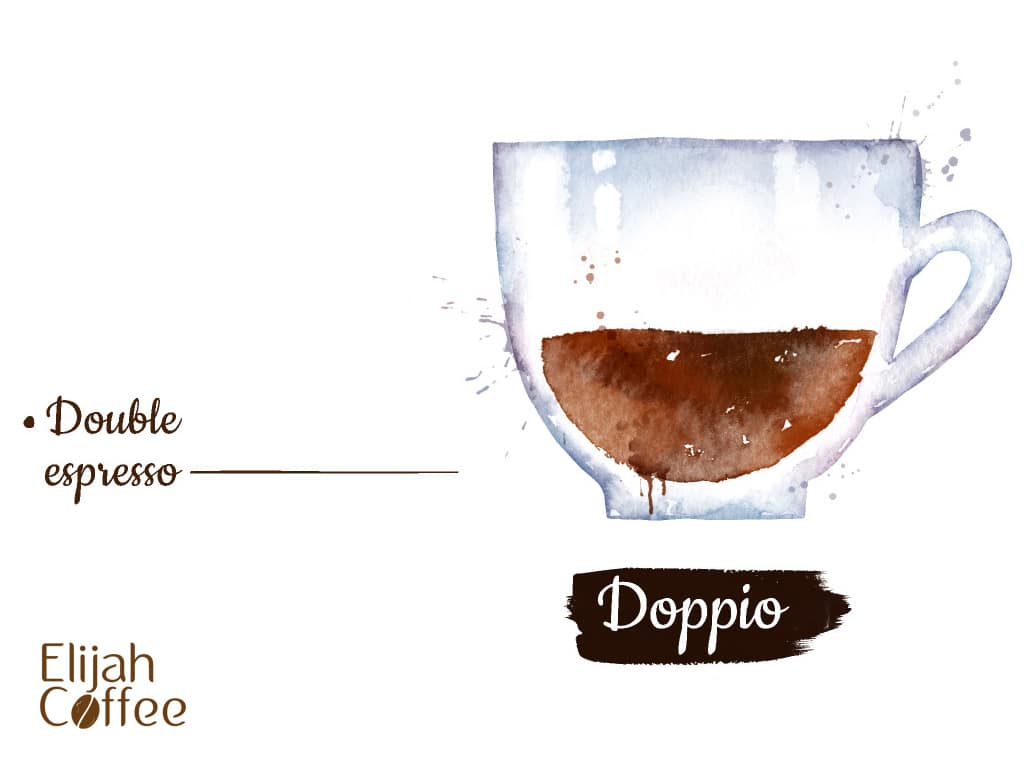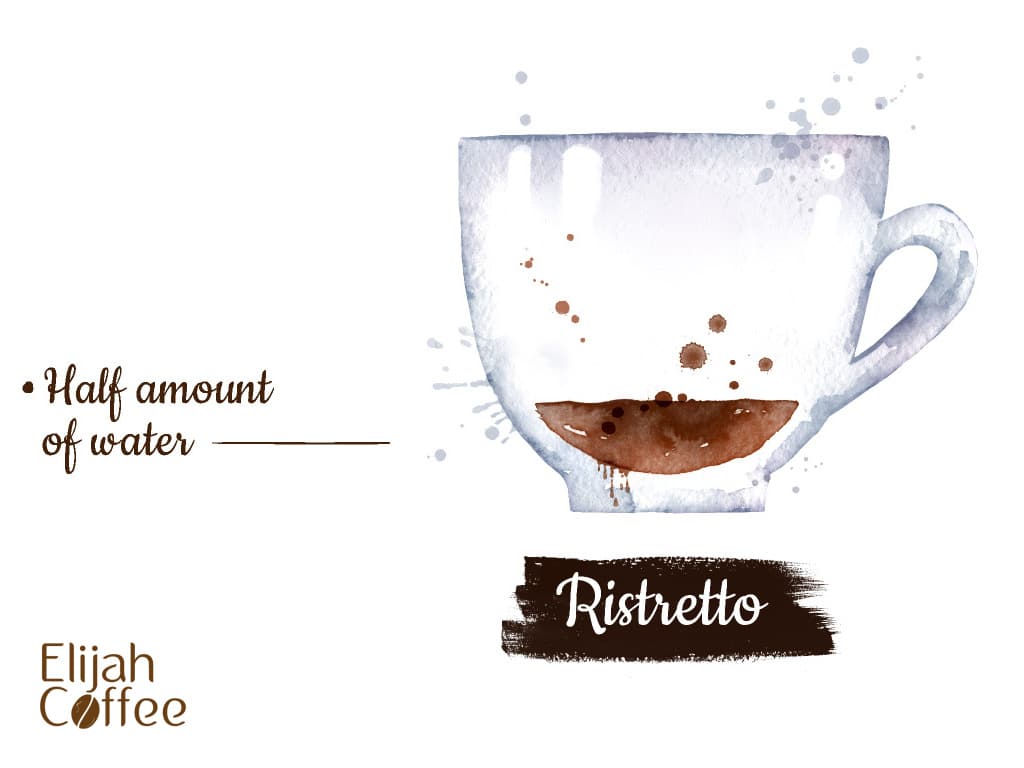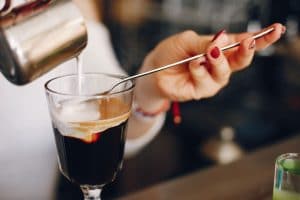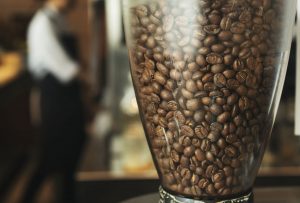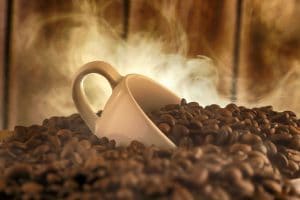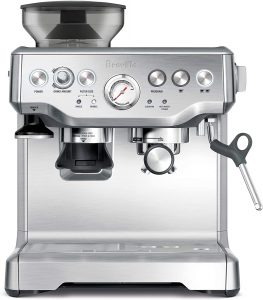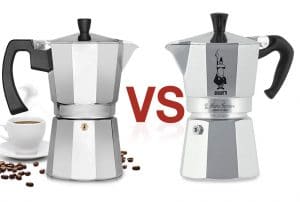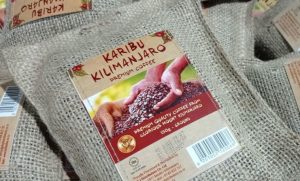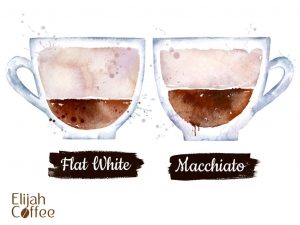The chai latte is a steaming, milky, fragrant, gently spicy cup of tea that is popular in cafés all over the world.
The chai latte that we know and love today did not include any form of coffee. Chai latte has gone through many modifications as it became more popular. Coffee is now added to some of the new variations that were previously introduced.
What is a Chai Latte?
The Chai latte is made by combining steamed milk, black tea, and a combination of spices. It was originally developed in India 5,000 years ago as a medicinal beverage used to cure cold and flu symptoms.
The British colonization helped to bring the beverage closer to the West, but it wasn’t until the 1990s that it developed a significant following.
Dirty Chai Latte vs Chai Latte
Let’s see how the taste, appearance, and caffeine content of dirty chai latte compares to that of a chai latte. You may change your mind and switch your order if you’re a devoted fan of one of the two!
Appearance
The Chai tea latte’s color comes from the black tea and spice combination. It has a light beige hue owing to the high amount of milk, which is smooth and creamy.
The scents and tastes of dirty chai are significantly less concentrated owing to the espresso’s dilution of the milk. Coffee is also responsible for giving it a darker, almost tan color. A foamy head is present on both beverages.
Taste
A Chai latte has a smooth, semi-fluffy texture and moderate strength. You can detect the black tea, although it isn’t overpowering. The spice blend provides a soothing yet powerful punch.
A somewhat stronger flavor with a stronger coffee taste than tea makes dirty chai distinct from clean chai. Because of the greater espresso note, the spicy taste is less intense.
Composition
The chai latte’s ingredient list is brief and basic, consisting of black tea brewed with milk as the foundation with a spice combination and sugar for the punch and sweetness. The same elements are included in the dirty chai, but it also contains an espresso shot.
Caffeine
Both drinks are made with high amounts of caffeine in the first place. The original recipe for both drinks contains a lot of caffeine. In each 12 oz glass, chai latte has 60 to 70 milligrams. Dirty chai is almost twice as caffeinated, having roughly 130 to 150 milligrams in the same serving.
Is a Chai Latte a Tea or Coffee?
Chai latte is a tea-based drink. It was invented in India 5,000 years ago (2) and served as a tonic to cure cough, digest food, and promote general health. Coffee and chai were first combined just 30 years ago.
Why Is Chai Latte Called Dirty?
When coffee is added to the chai latte, the color changes and it appears murkier. Because of this, chai lattes with coffee were given the name “dirty”. The original chai latte is paler and lighter beige in color, while the addition of coffee makes it brownish.
How Is a Chai Latte Made?
A chai latte is created by combining steamed milk with a black tea infusion that has been flavored with spices. The beverage is then covered in foam. Some coffee shops create their own chai blends and keep the ingredients secret, while others will use a sweetened chai syrup or powder to brew the drink on demand quickly.
Is a Chai Latte Healthier Than Coffee?
After all, it’s composed of nutritious tea, and the exotic name simply sounds better than coffee. Even when made with skim milk, a medium-sized (or “grande”) chai latte – a combination of black tea, steamed milk, honey, and spices – has the same amount of calories as the identical-size caffe mocha.
Is Chai Latte Good for Weight Loss?
Chai tea is a fragrant, spicy tea that may help improve heart health, reduce blood sugar levels, aid digestion, and aid weight loss.
Does Chai Tea Burn Belly Fat?
Chai tea may assist you in losing weight. Because chai is commonly prepared with milk, you’re receiving a boost of protein when you drink it. As a result, chai tea is more likely to help you lose weight than other types of tea.
Does Chai Lead To Weight Gain?
According to health experts, if you can modify the ingredients and keep your daily calorie goal of around 1800-2000 calories per day, one cup of tea will not make much of a difference. As a result, it’s not Chai itself that causes weight gain; rather, taste boosters like sugar, heavy cream or full-fat milk are to blame.






